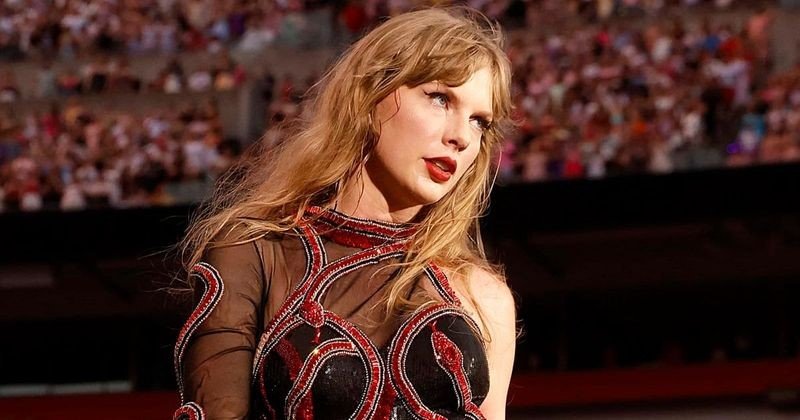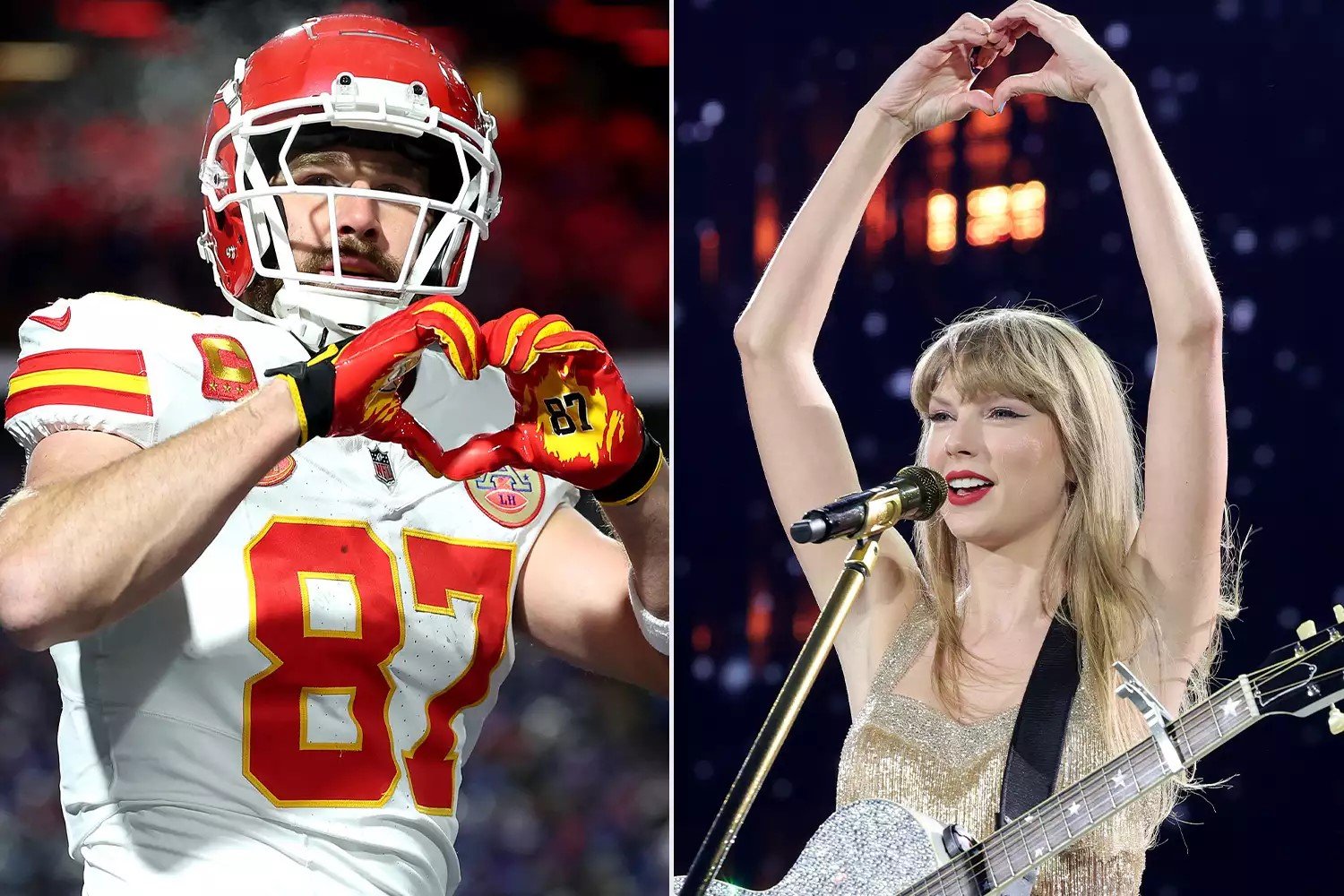One of the biggest occasions in the world of sports is upon us: Super Bowl LVII. In this historic game, the San Francisco 49ers will go up against the Kansas City Chiefs.
Not only could this be the most expensive Super Bowl in history, it could also be the most sensational from a tabloid perspective, given that the billionaire songstress Taylor Swift is openly dating Kansas City Chief superstar Travis Kelce.
Though Swift will not be performing at the Super Bowl LVII, her millions of fans (more than half of Americans are “Switfies”) are still eager to know: Will Swift be at the big game? What will she wear? Will she whisper sweet somethings into Kelce’s ear after?
Further, Swift and Kelce’s romance could be motivating bad actors to up the ante on serving up Super Bowl scams. Primarily, scammers (including scalpers and bots) are looking to lure fans into buying fake Super Bowl tickets.
As we learned from Taylor Swift’s “Eras” tour, it’s all too easy for innocent consumers to be tricked by scammers, as numerous fans of the pop icon were sucked swindled amid the tour excitement. Those interested in attending the Super Bowl this year — whether you’re going in the hopes to catch a glimpse of Swift or not — must practice extreme caution and be aware of scammers lurking all around.
Here’s a look at how you can protect yourself, according to the Better Business Bureau (BBB).
1. Buy Directly From the Venue
The BBB strongly recommends buying your tickets directly from the venue, rather than from third-party (re)sellers.
2. Know the Difference Between an Accredited Reseller and a Ticket Scalper
When you’re in a mad rush to buy tickets to the Super Bowl (or really any big event), you may be tempted to nab them from just about anyone offering them up, especially if they’re offering a great deal.
The BBB says that consumers should know the difference between a professional ticket broker (a legitimate and accredited reseller), a ticket scalper (an unregulated and unlicensed ticket seller) and a scammer selling scam tickets.
You can investigate sellers/brokers by looking them up on BBB.org to find out what other customers have experienced from working with them.
3. Be Skeptical About Ads
The ads will be flowing in the days leading up to game day. Be wary when looking through them, as a lot of ticket scams will feature cheap tickets. Common sense and wide judgment play key roles here; if the ticket prices seem too good to be true, it’s almost certainly a scam.
4. Look For This Symbol in Sellers’ Web Addresses
When looking to buy tickets online, be sure and look for the “lock symbol” in the web address; this indicates a secure purchasing system. Avoid clicking through emails or online ads to find a URL to buy, as one common ticket scam trick is to make up a web address that is similar to a reputable company.
5. Read the Fine Print and Know All the Details
Be sure to read the fine print and only purchase tickets from a ticket reseller that provides clear details about the terms of the transaction.
“Look for full disclosure from the seller about the location of the seats represented by the tickets, either orally or by reference to a seating chart; and, if the tickets are not available for immediate access to the purchaser, disclose when the tickets will ship or be available for pick up,” the BBB instructs.
6. Use Protected Payment Methods, Such as Credit Cards
If you get ripped off, your credit card company may be able to help you get a refund. Always buy with a payment method that comes with protection, in case things go awry.
7. Verify Your Tickets
You can actually head to the venue before the big day to verify that you bought a real ticket as opposed to a fake one. Will Call at the location can assist you with this.




















